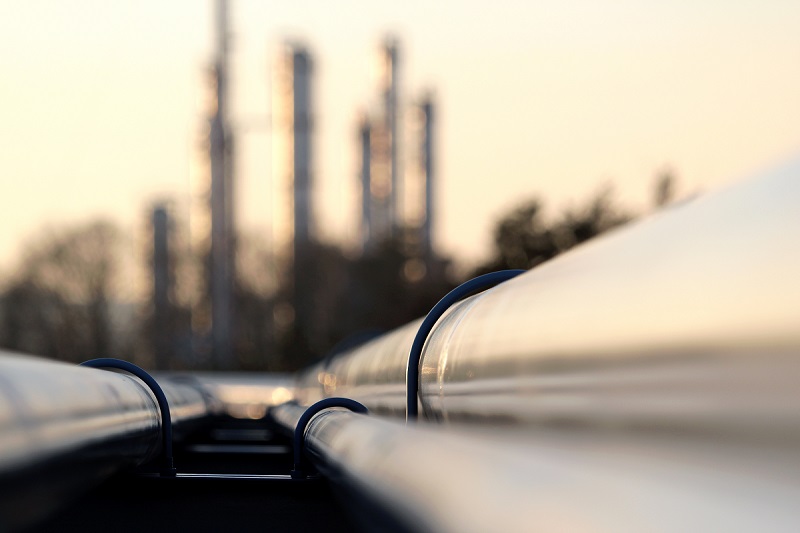Oil Demand Likely to Take at Least a Year to Hit 2019 Levels - Gunvor Head
Perspective
By Julia Payne and Dmitry Zhdannikov
LONDON (Reuters) - Global demand for oil is running about 5-6 MMbpd below pre-coronavirus crisis levels, and OPEC with its allies is likely to prolong its existing cuts, the head of trading house Gunvor said on Monday.

Torbjorn Tornqvist, chief executive of Gunvor Group, also told the Reuters Commodity Trading Summit the market would not recover to 2019 levels for at least a year and OPEC with its allies were likely to prolong existing production cuts into the first quarter of 2021.
Demand plunged by almost a third and crude prices crashed in April as 4 billion people were placed under some form of lockdown to contain the spread of the novel coronavirus.
A recovery in fuel consumption since June has stalled, however, as major European states lock down to combat a second wave of COVID-19 infections.
On Monday, Pfizer said its experimental COVID-19 vaccine was more than 90% effective based on initial trial results.
"The vaccine will not change the realities on the ground for the next 5-6 months. Demand has still not recovered from 2019. We're going to have to wait at least a year," Tornqvist told the summit.
"We've sold more than half the oil inventories from the spring build up, so another 500 million barrels to go."
Tornqvist said draw rate was modest, probably less than 2 million bpd of crude and products combined, as refineries gradually ramp up in Europe and Asia.
The price crash has helped accelerate a shift to renewable energy as oil companies, seeing their profit drops, rethink strategies and announce large-scale job cuts.
Torqnvist said peak oil has likely been reached in Europe and United States but he does not see a global peak just yet with growth to continue in Asia and some developing economies.
"Oil and renewables will grow parallel. Renewables won't replace oil, that is still a decade ahead," he said.
"Hydrogen could become a commodity but it will take a long time. Increasing hydrogen in our economy in any meaningful way in the next 10 years, that's very aggressive. In 20-30 years, if we get 5% fueled by hydrogen that would be a huge achievement."
Gunvor has pledged to invest 10% of its equity over the next few years into non-CO2 energy sources. Tornqvist said large-scale battery technology and smart grids were a good form of investment.
"Wind and solar will be extremely important. We'll do whatever we can to support that. Investment in wind and solar today is very low if you take off the subsidy so you cannot replace the model we have now but there is potential," he said.
Related News
Related News

- Keystone Oil Pipeline Resumes Operations After Temporary Shutdown
- Freeport LNG Plant Runs Near Zero Consumption for Fifth Day
- Biden Administration Buys Oil for Emergency Reserve Above Target Price
- Mexico Seizes Air Liquide's Hydrogen Plant at Pemex Refinery
- Enbridge to Invest $500 Million in Pipeline Assets, Including Expansion of 850-Mile Gray Oak Pipeline




Comments